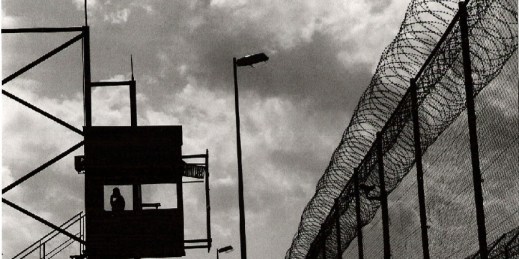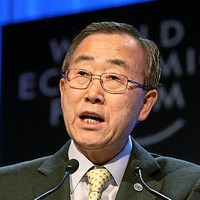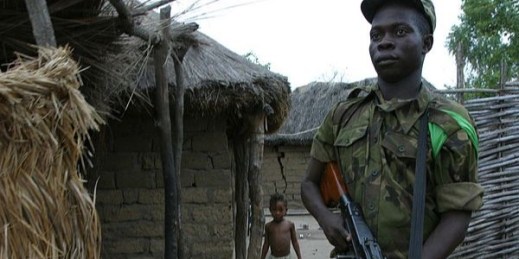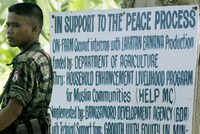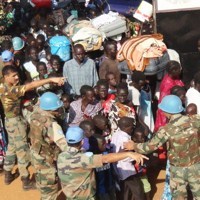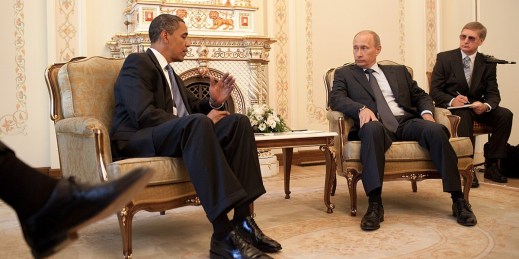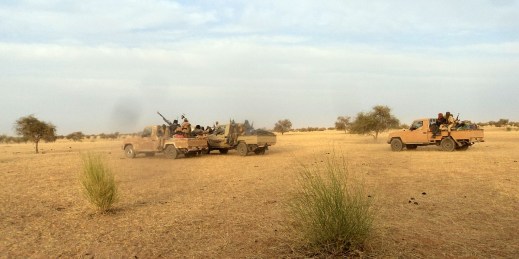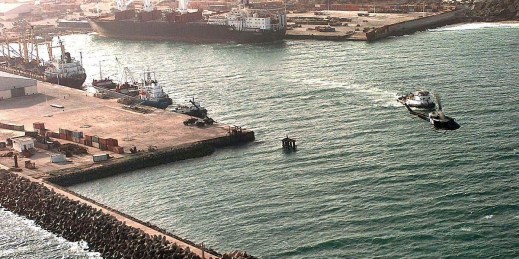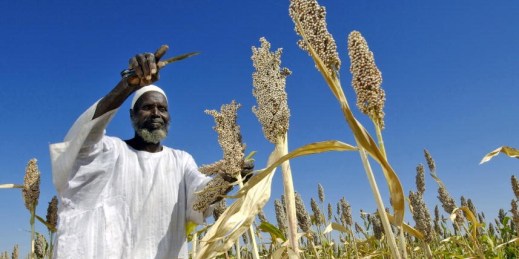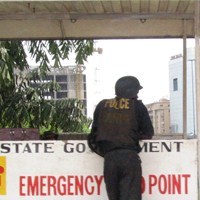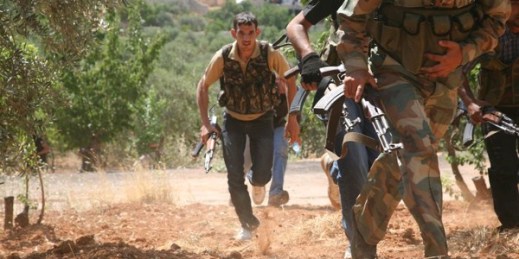
After he stepped down as the U.N. special envoy for Syria in May, Lakhdar Brahimi was asked what he thought would become of the country. “It will become another Somalia,” he replied. “It will not be divided, as many have predicted. It’s going to be a failed state, with warlords all over the place.” As early as 2012, Brahimi began issuing warnings of the “Somalization” of Syria. While analysts following Syria acknowledge it may not yet be Somalia, “Brahimi’s warning is timely and appropriate,” according to Peter Neumann, professor of security studies at the Department of War Studies at King’s […]


